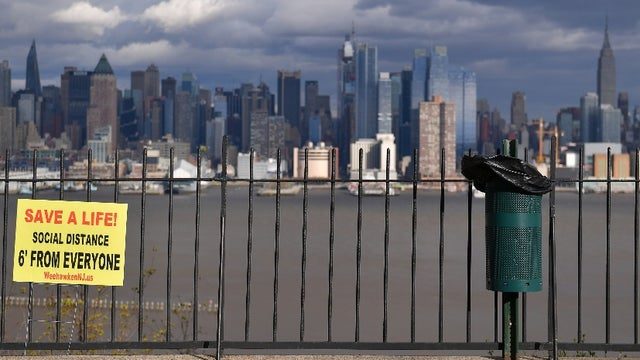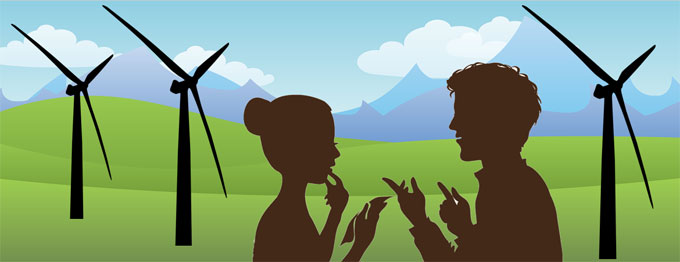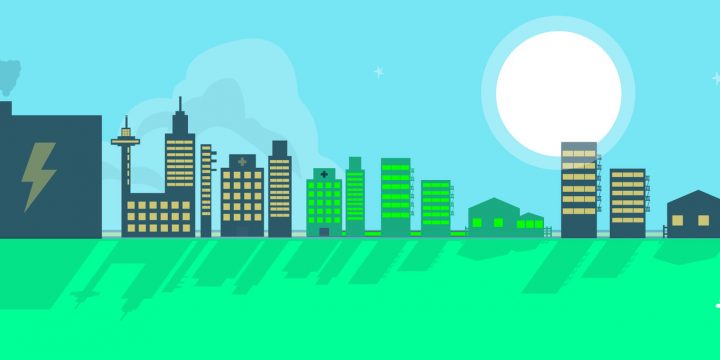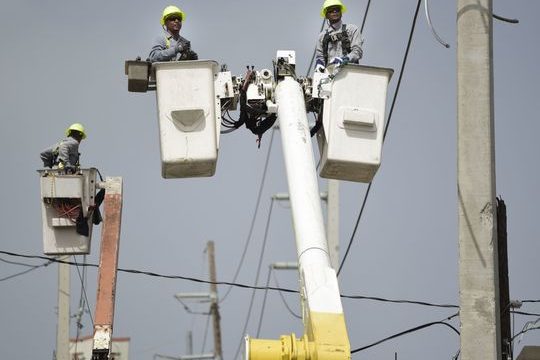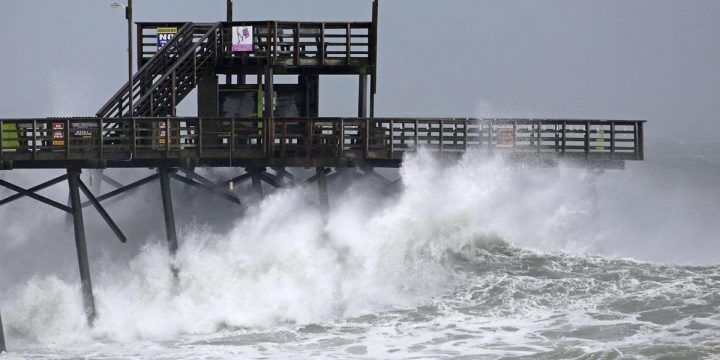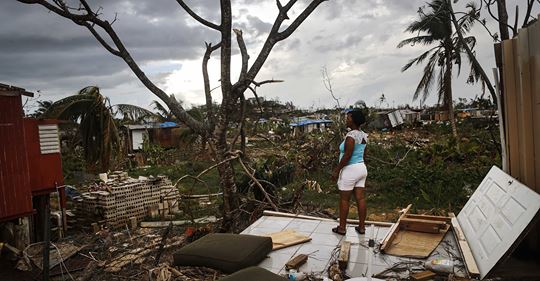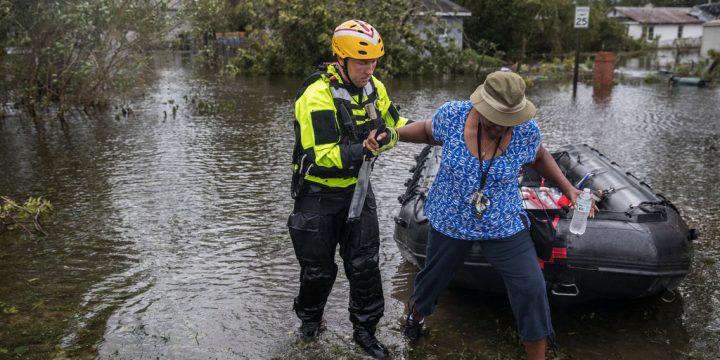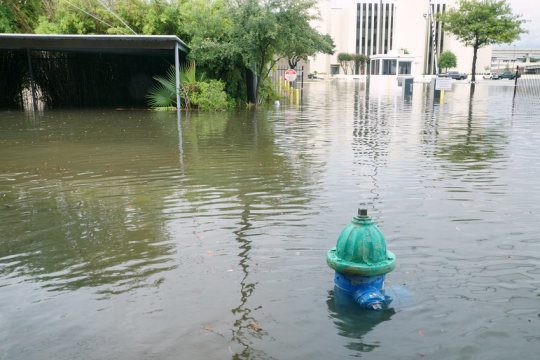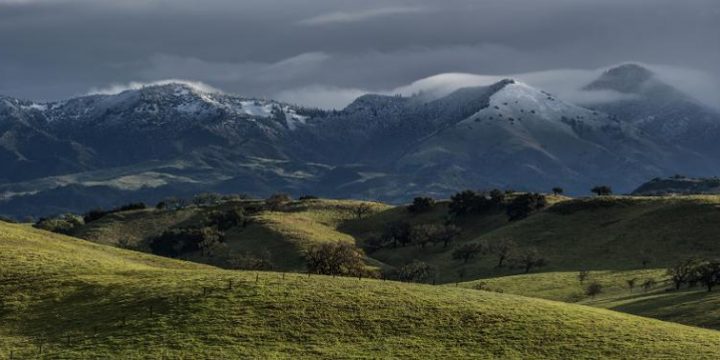
How Can We Learn From COVID-19 To Mitigate Our Next Crisis: Climate Change
by Ankit Mishra The outbreak of the COVID-19 pandemic has now touched nearly all parts of the world. For most of us, our daily lives have changed, and the downturn in the economy has left many unemployed. Since the first lockdown on January 22 in Wuhan, China, the number of positive cases has rapidly increased from 580 to over 2 million as of April 15. Although the global stock markets have somewhat recovered, the shock to the economy is expected to last several months. The IMF projects the global economy will contract by 3% this year with all major advanced economies expected to be in recession. As this crisis unfolds, it highlights the importance of risk mitigation and the real cost of lives around the world when action is either half measured or poorly implemented. In the coming months,…

